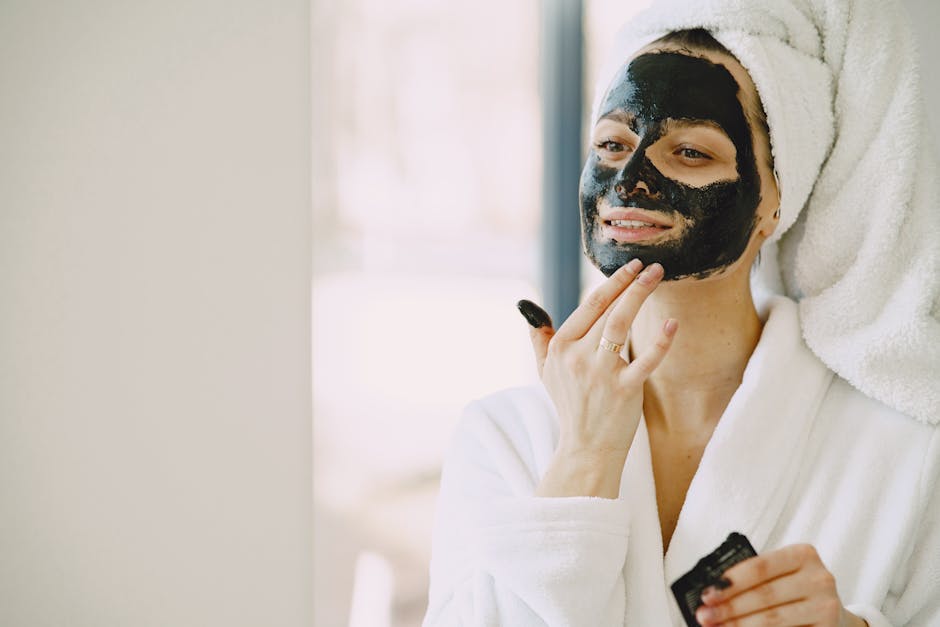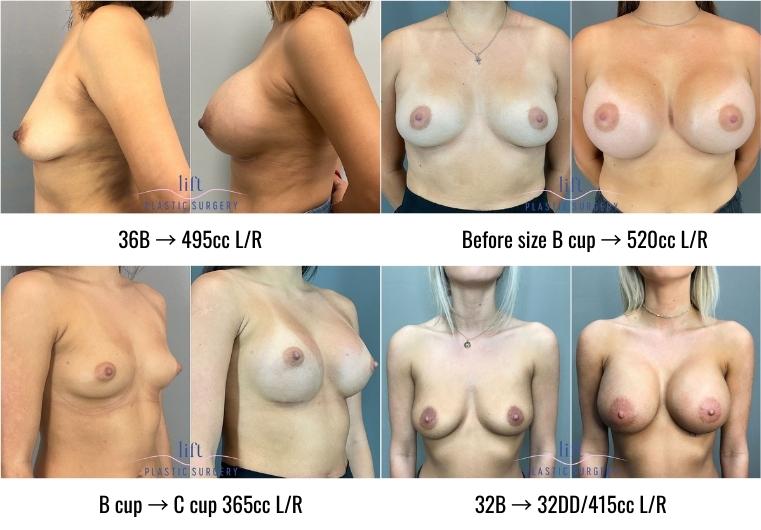Introduction to recovering from cosmetic surgery
Getting back on your feet after cosmetic surgery isn’t just about waiting for the wounds to heal. It’s a process that requires your active participation to ensure a smooth and speedy recovery. Let’s cut straight to the chase. First off, follow your surgeon’s orders to the letter. They know what’s best for your specific situation. Keep the communication lines open with your medical team. Got questions or concerns? Don’t hesitate to reach out. Rest is crucial. Your body heals itself when you’re sleeping, so give it the downtime it needs. Hydration and nutrition can’t be overlooked either. Drink plenty of water and eat balanced meals to fuel your recovery. Lastly, be patient with yourself. Healing takes time, so don’t rush it. Stick to these guidelines, and you’ll be setting yourself up for a successful recovery journey.
Understanding the importance of following post-op instructions
Following post-op instructions after cosmetic surgery isn’t just a suggestion; it’s crucial. These guidelines are designed by experts to ensure you heal properly, reduce the risk of complications, and get the best results. Ignoring this advice could lead to infections, longer recovery times, and even unsatisfactory results. Remember, the success of your surgery isn’t just about what happens in the operating room; it’s also about how well you follow your surgeon’s instructions afterward. Whether it’s about resting adequately, taking prescribed medications, or attending follow-up appointments, each step is pivotal. So, take your post-op care seriously—it’s the key to your recovery and achieving the outcomes you desire.
Tips for effective pain management after cosmetic surgery
Effective pain management after cosmetic surgery is crucial for a smooth recovery. The key is to follow your surgeon’s advice closely. Start by taking the prescribed pain medication before the pain becomes unbearable. It’s easier to manage if you stay ahead of it. Rest is your best friend after surgery. Allow your body the time it needs to heal. Keep your body hydrated and eat nutritious foods to boost your recovery. Avoid strenuous activities and follow any specific instructions your surgeon has given you regarding movement or caring for the surgical site. If your pain seems to escalate instead of getting better, don’t hesitate to contact your surgeon. Remember, managing pain effectively accelerates your recovery, ensuring you can enjoy the results of your surgery sooner.
The role of nutrition in healing after surgery
Eating right plays a huge part in how fast you heal after cosmetic surgery. Picture this: Your body’s like a construction site after surgery, needing the best materials (nutrients) to fix it up. First off, protein is a must. It’s the building block your body uses to repair muscle and tissue. Think chicken, fish, eggs, and if you’re not into meat, lentils and beans will do the trick. Next up, vitamins and minerals. Vitamin C and A, along with zinc, help your body heal and fight off infection. You can find these in fruits and veggies, like oranges and sweet potatoes, or nuts and seeds. Don’t forget about hydration. Water is key to helping your body heal, flushing out toxins, and keeping everything moving smoothly. So, chug down that water like there’s no tomorrow. Avoid junk food. Seriously, it’s tempting, but processed foods won’t give your body the good stuff it needs to heal. Stick to whole foods, and your recovery will thank you..ACTION PLAN: Keep protein high, pile on the fruits and veggies, stay hydrated, and say no to junk. Follow these steps, and you’re on your way to a smoother, quicker recovery.
Essential rest and sleep guidelines for recovery
Rest and sleep are not just good ideas after cosmetic surgery; they are essential for a smooth recovery. Experts agree that giving your body time to heal is crucial. Aim for at least 7 to 9 hours of sleep every night. Here’s the catch: you might need to adjust your sleeping position. For instance, if you had surgery on your face or jaw, sleeping with your head elevated can help reduce swelling. If you’ve had body work done, lying on your back might be the way to go, avoiding pressure on sensitive areas. Remember, quality sleep promotes faster healing and helps your body’s repair process. So, make your bedroom a comfortable, quiet, and dark sanctuary. Avoid caffeine and screen time closer to bedtime to ensure you get the restful sleep your body demands for its recovery journey.
How to handle post-surgery swelling and bruising
Post-surgery swelling and bruising are part of the healing process; they’re your body’s way of saying, “Hey, I’m working on fixing this.” Swelling happens as your body sends fluid and white blood cells to the area to start the healing. Bruising, on the other hand, is caused by blood from the tiny vessels that might have been affected during the surgery pooling under the skin.
To handle these, first, keep your head up. Seriously, for procedures involving the face or head, keep your head elevated above your heart. This simple gravity trick helps reduce swelling.
Next, embrace the cold. Applying cold packs for the first 48 hours after surgery helps reduce swelling. But wrap these cold packs in a cloth to avoid ice burns and limit it to 15 mins on and then 15 mins off.
After 48 hours, think warm. Switching to warm compresses helps dissipate bruises by boosting blood flow.
Also, rest, but not like you’re on a vacation. Avoid strenuous activities that increase your blood pressure and could worsen swelling, but gentle walks are good to keep blood moving.
Lastly, patience is a virtue. Every body heals at its own pace, so give yours the time it needs. Follow these tips, and you’ll be seeing a less swollen, less bruised you in the mirror soon.
The importance of staying hydrated for recovery
Staying hydrated is key after any cosmetic surgery. It’s not a suggestion; it’s a must. Drinking plenty of water helps your body heal faster. Here’s why: Water keeps your cells in good shape, helps nutrients move around your body, and gets rid of waste. If you’re not sipping on water, your recovery could slow down. Experts agree, aim for at least eight glasses a day. More if you can manage. And it’s not just water; herbal teas or water-rich fruits and veggies count too. Skip the sugary drinks and caffeine. They don’t help. Your body’s working hard to heal. Give it what it needs. Hydration. Keep a water bottle nearby; it’s your best friend post-surgery.
Exercise and physical activity: What you need to know
Right after cosmetic surgery, your body’s shouting for rest, not a workout marathon. Here’s the deal: most surgeons will want you to get moving soon — but think slow walks, not sprinting or heavy lifting. Why? Moving helps keep blood clots at bay, which is a big win for your recovery. But push too hard, and you’re inviting trouble, like swelling, bleeding, or even messing up the spot that’s healing.
The golden rule? Listen to your surgeon. They’ll give you the green light on when to slowly amp up your activities. Usually, it’s something like light walks a few times a day right after surgery, then gradually stepping it up as weeks pass by. Serious gym sessions? Hold off for about 4 to 6 weeks, sometimes longer, depending on what your doctor says.
Here’s a quick breakdown:
- Right after surgery: Short, gentle walks around the room or house.
- A couple weeks in: Maybe some light, daily chores (nothing that has you bending over backwards or lifting).
- 4 to 6 weeks (with your surgeon’s nod): You can start reintroducing more strenuous activities, bit by bit.
Bottom line: Healing’s a marathon, not a sprint. Give your body the rest it needs, and you’ll be back at it, stronger than ever, with time.
Signs of complications: When to contact your surgeon
After cosmetic surgery, it’s normal to feel a mix of excitement for the results and anxiety about the recovery. Knowing when things aren’t going as planned is crucial. Here are clear signs you need to reach out to your surgeon without delay. If you notice increased redness, swelling, or warmth in the area that was operated on, it might signal an infection. A high fever is another serious symptom. Both of these require immediate attention to prevent further complications. Unusual discharge or a foul odor from the surgical site could indicate that something’s wrong. Lastly, severe or increasing pain that doesn’t improve with prescribed medication isn’t normal. It’s critical to listen to your body; if something feels off, it’s better to be safe and get in touch with your surgeon. They’re there to guide you through a safe recovery.
Wrapping up: A summary of expert cosmetic surgery advice
Recovering from cosmetic surgery can be straightforward if you follow expert advice. First, always listen to your body. It knows when you need to rest. Rest is not just advice; it’s a necessity. Your body heals faster when it’s not under stress or strain. Second, hydration and nutrition are your allies. Drink plenty of water and eat balanced meals rich in vitamins to fuel your recovery. Say a big no to smoking and alcohol; they can slow down healing. Follow your surgeon’s instructions closely, from how to care for your wound to when it’s safe to resume activities. Don’t skip follow-up appointments. These are your chances to ensure everything’s healing as it should. Lastly, remember, patience wins this race. Don’t rush. Let your body take its time to heal properly. Stick to these guidelines, and you’ll be setting yourself up for a smooth recovery.



